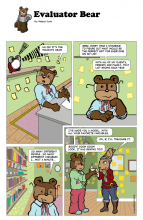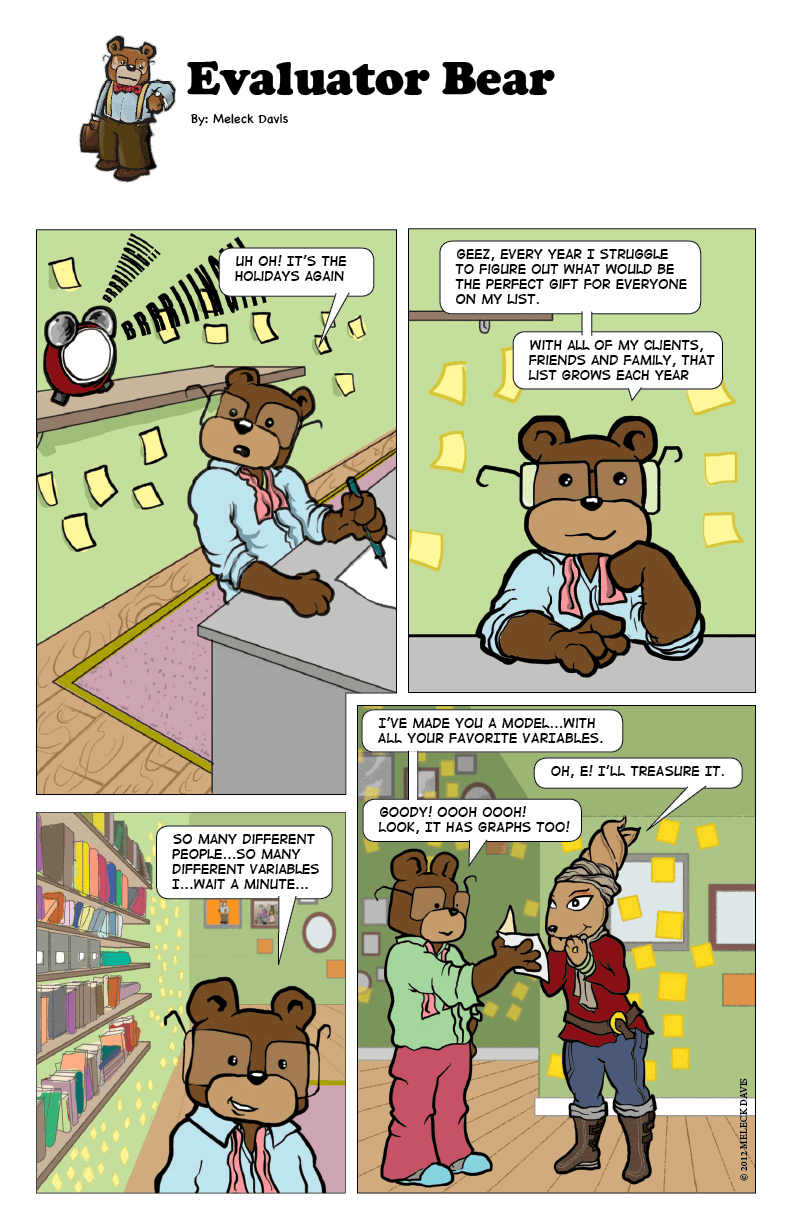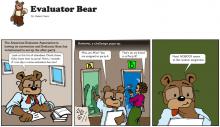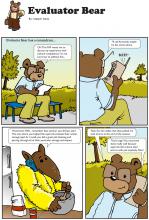The Improve Group is always excited to learn about creative data collection and analysis techniques. Because we work with people from all walks of life, from all over the globe, we want to be inclusive and respectful throughout our practice. We have discovered that photos can be a useful tool in learning about how programs affect their participants’, and have had great success incorporating pictures into our work.
January 30, 2013 - 9:07pm
December 19, 2012 - 5:45pm
Recently, the Minneapolis-St. Paul Business Journal recognized twelve companies with the Jefferson Award for Public Service. The selected businesses found similar benefits from contributing to their communities: it allowed them to use their own talents to make a difference, address issues important to the company, and helped their employees feel good.
October 1, 2012 - 2:09pm
Response to Intervention - by Leah Goldstein Moses & Cecelia Dodge
October 1, 2012 - 2:02pm
In a Randomized Control Trial (RCT), people are selected to receive a service at random, and results for both selected and non-selected people are tracked over time. RCTs are sometimes called the “gold standard” of evaluation. However, ethical, pragmatic or resource issues often make RCT a poor choice for evaluation.
What do people like about RCTs?
July 12, 2012 - 5:58pm
Over the past several months, the Improve Group team spent some time reflecting on how cultural competence informs and is present in our work. There is extensive academic and practical work focusing on cultural competence, and we were able to explore several definitions (such as in this compilation).
Cultural competence is important to evaluation practice for several reasons:
May 30, 2012 - 4:16pm
Foundations share similar needs and dilemmas as nonprofits and the public sector when it comes to evaluation. The Council on Foundations’ website lists reasons for involving and even expanding the philanthropic community in evaluation work, such as gauging the appropriateness of the objectives of the grants or the likelihood of raising additional funds.
April 19, 2012 - 2:28pm
Over the past few years I’ve had several opportunities to teach evaluation. Most of my students have been people who manage programs or provide direct services in government or nonprofits. Often, evaluation is just one of many responsibilities they have in their work. I’m sure I’ve learned just as much as my students—including:






